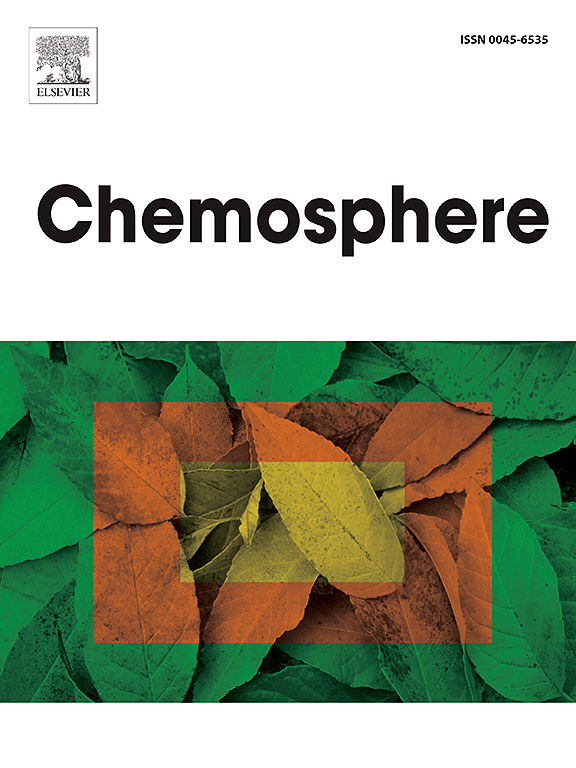
Dear RW readers, can you spare $25?
The week at Retraction Watch featured:
- EcoHealth Alliance retracts and replaces paper on potential origin of COVID-19 in bats
- Journal won’t retract paper that involved human organ transplants in China
- Journal that published viral study on black plastic removed from major index
- Researcher linked to paper mill activity mysteriously reappeared on list of journal’s editorial board
Our list of retracted or withdrawn COVID-19 papers is up past 450. There are more than 50,000 retractions in The Retraction Watch Database — which is now part of Crossref. The Retraction Watch Hijacked Journal Checker now contains more than 300 titles. And have you seen our leaderboard of authors with the most retractions lately — or our list of top 10 most highly cited retracted papers? What about The Retraction Watch Mass Resignations List — or our list of nearly 100 papers with evidence they were written by ChatGPT?
Here’s what was happening elsewhere (some of these items may be paywalled, metered access, or require free registration to read):
Continue reading Weekend reads: Shoddy commentaries flood journals; key hydroxychloroquine paper retracted; a researcher confesses






